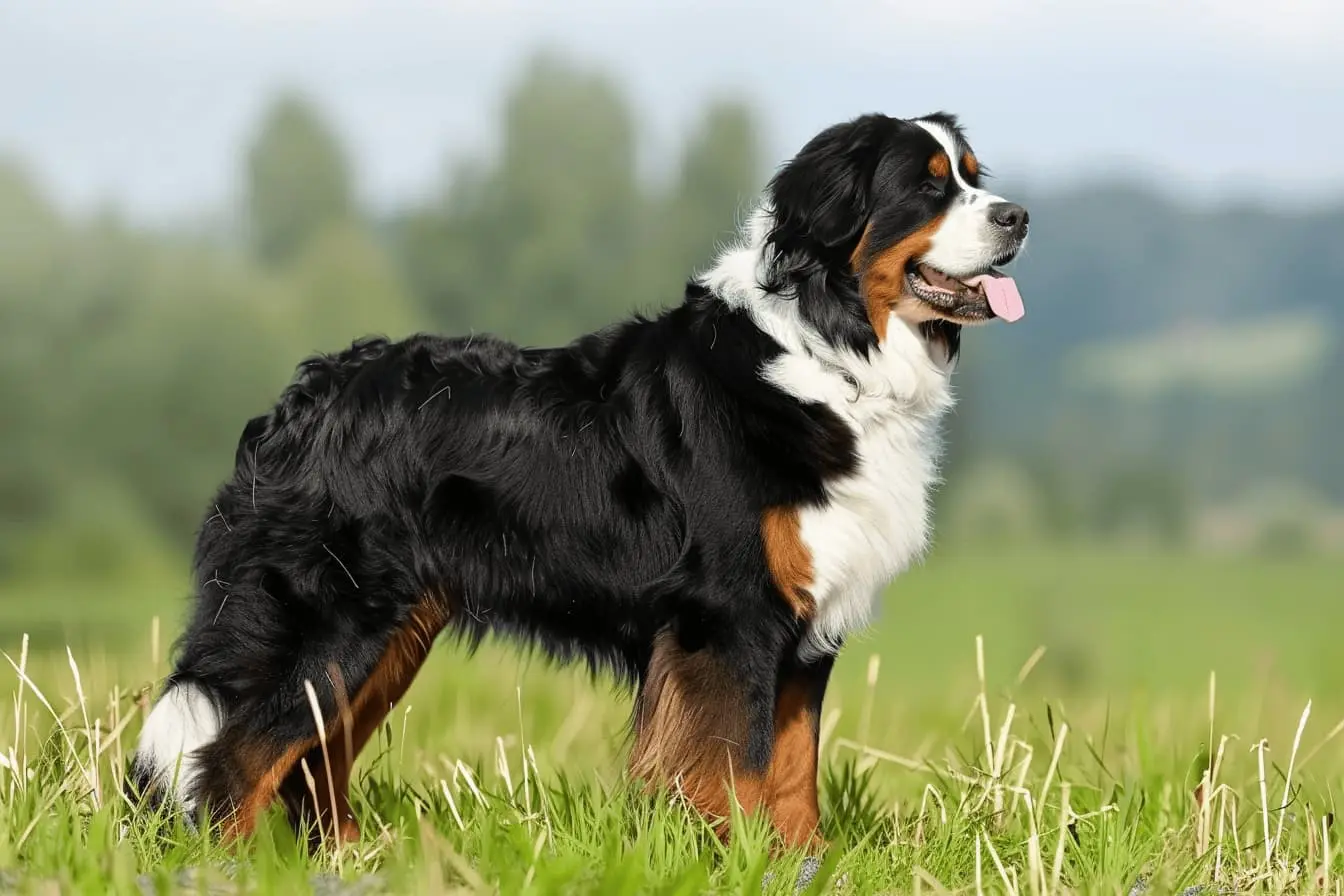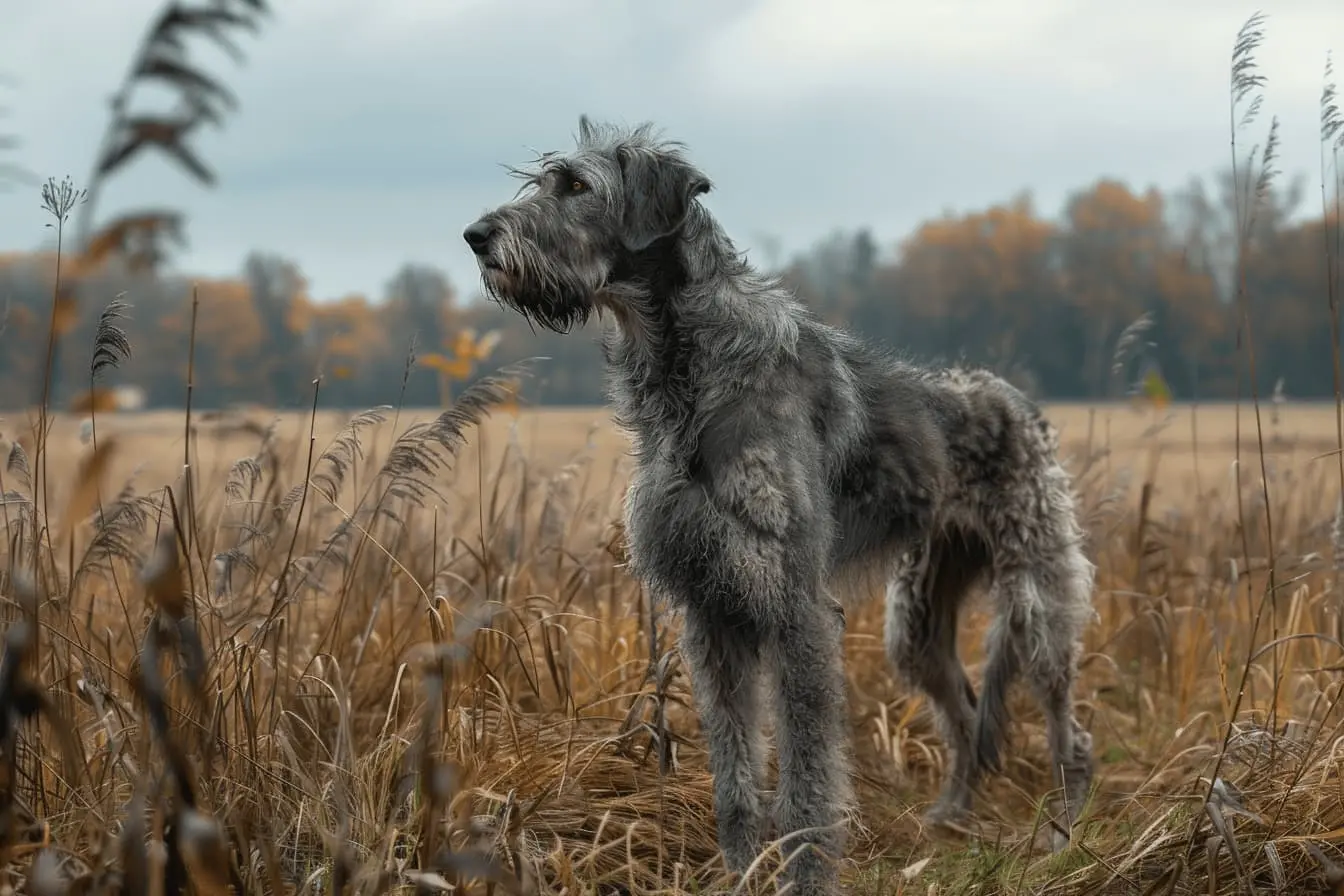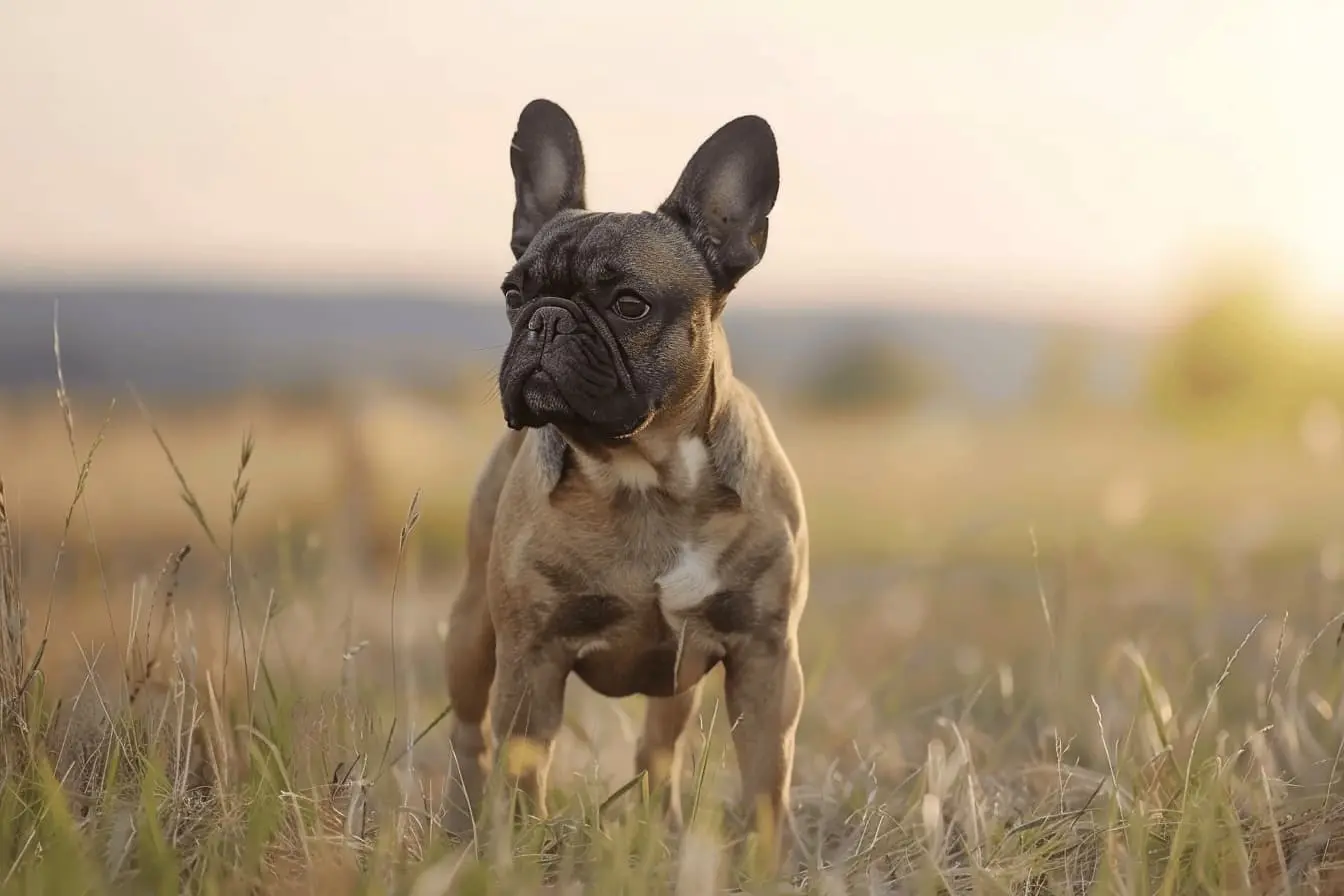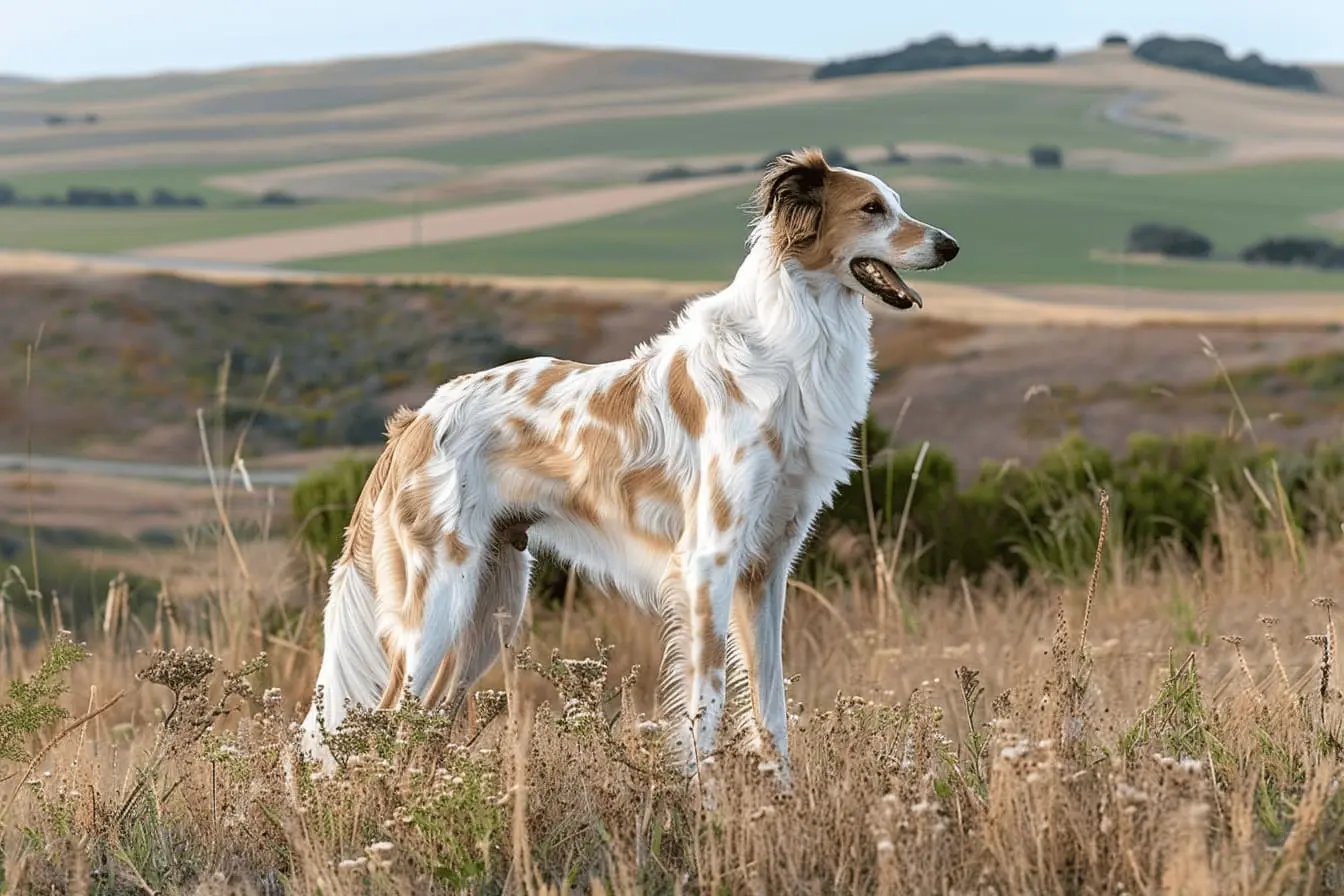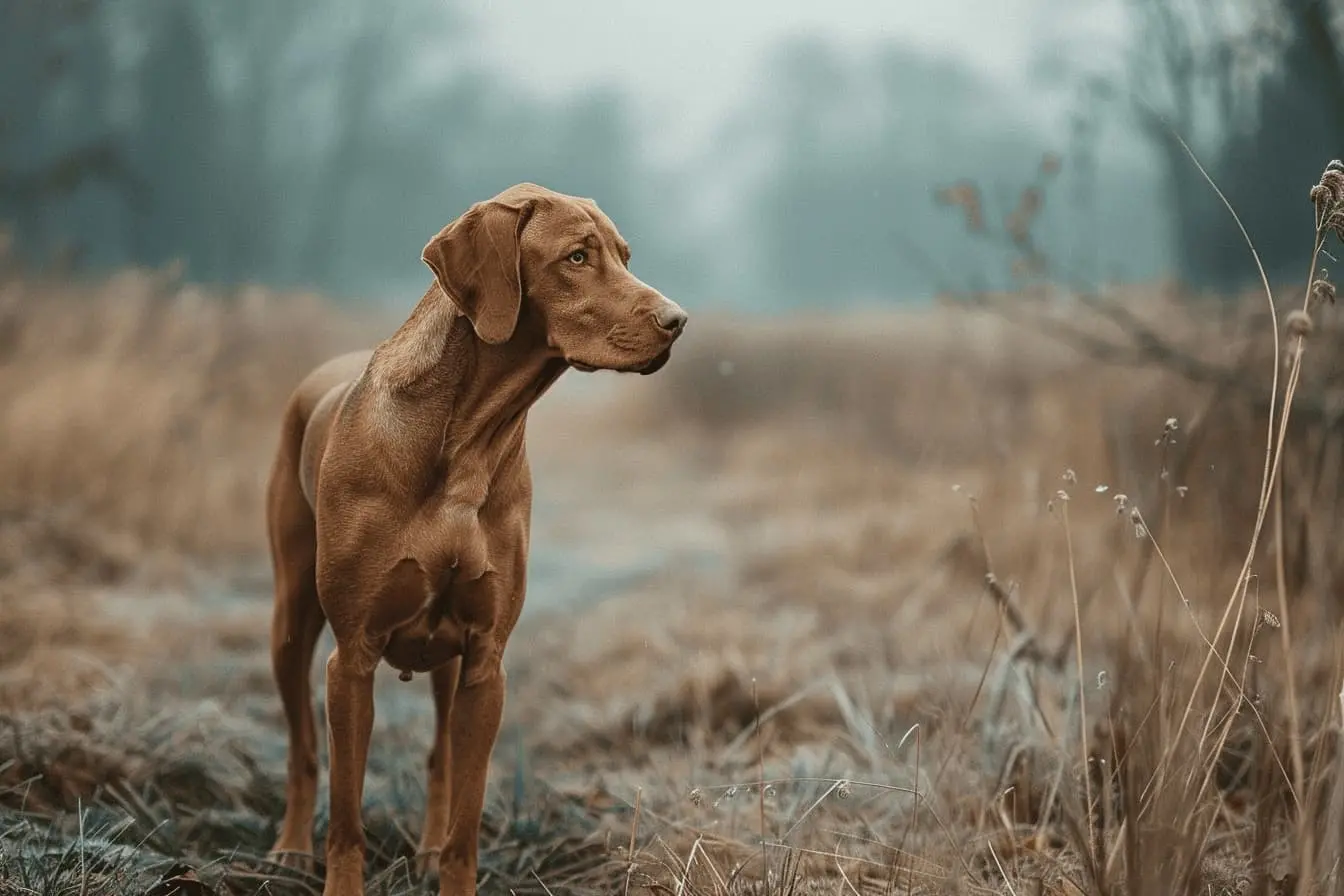
The Vizsla: A Versatile and Affectionate Sporting Companion
The Vizsla, often referred to as the "Velcro dog" due to its highly affectionate nature and tendency to stick close to its owner, is a breed that combines elegance with athleticism and loyalty. Originating from Hungary, where they were prized by nobles for their skilled hunting abilities, Vizslas have evolved into beloved family pets known for their intelligence, gentle demeanour, and striking golden-rust coat. If you're contemplating adding a Vizsla to your household, understanding the breed's specific needs, characteristics, and temperament is essential. This comprehensive guide will provide you with everything you need to know about owning a Vizsla.
Breed Overview
Vizslas are medium-sized, short-coated hunting dogs of distinguished appearance and bearing. They are part of the sporting group and are equally adept at hunting, obedience, and companionship. Their versatility, combined with their friendly and loyal nature, makes them an excellent choice for active families and individuals.
Physical Characteristics
- Size: Vizslas typically stand about 21 to 24 inches at the shoulder and weigh between 20 to 30 kg, with females being slightly smaller.
- Coat and Colour: They possess a short, smooth coat that requires minimal grooming. The coat comes in various shades of golden-rust, a distinctive feature of the breed.
- Lifespan: The average lifespan of a Vizsla is around 10-14 years.
Personality and Temperament
Vizslas are known for their gentle, affectionate nature. They are highly social and thrive on human companionship, often forming strong bonds with each family member. Vizslas are intelligent and eager to please, making them relatively easy to train but also sensitive to harsh words or treatment.
They are excellent with children and generally get along well with other dogs and pets. Their high energy levels and playful disposition make them great companions for outdoor activities and adventures.
Exercise and Training
Vizslas have high exercise needs and require plenty of physical and mental stimulation to stay happy and healthy. Daily vigorous exercise, such as long walks, runs, or play sessions in a securely fenced area, is essential. They excel in various dog sports, including agility, tracking, and obedience, which can also provide excellent mental stimulation.
Training should start early, focusing on socialisation, basic obedience, and manners. Vizslas respond best to positive reinforcement techniques and require consistent, patient training due to their sensitive nature.
Health and Care
Vizslas are generally healthy, but like all breeds, they can be prone to certain genetic conditions, including hip dysplasia, epilepsy, and certain types of cancer. Regular veterinary check-ups and a balanced diet are important for their health.
Their short coat requires minimal grooming, with occasional brushing to remove loose hair. Attention should be given to their nails, ears, and dental hygiene to prevent common health issues.
Living with a Vizsla
Vizslas are best suited for active individuals or families who can provide them with the exercise, attention, and care they need. They are indoor dogs who prefer being close to their families and can suffer from separation anxiety if left alone for extended periods.
Their friendly and affectionate nature makes them great companions, but potential owners should be prepared for a dog that wants to be involved in all aspects of family life. They are known for their ability to form strong bonds and their desire for constant companionship.
Is the Vizsla Right for You?
If you're seeking an energetic, loyal companion who loves being an active participant in family life and enjoys outdoor activities, the Vizsla may be the perfect breed for you. They are well-suited for active individuals or families who can meet their exercise needs and provide the companionship they crave.
However, if you have a sedentary lifestyle, limited space, or are away from home frequently, a Vizsla might not be the best match for your lifestyle, given their need for activity and human interaction.
Conclusion
The Vizsla is a breed that offers boundless affection, companionship, and joy. With the right care, environment, and commitment to their needs, a Vizsla can become an irreplaceable member of your family, enriching your life with their vibrant spirit and loving nature. Whether engaging in outdoor adventures, participating in dog sports, or simply cuddling on the couch, a Vizsla brings love and enthusiasm to every moment, making them a cherished companion for those fortunate enough to share their lives with one.
Vets near you
Speciality vets
- Aquatics vet specialists
- Birds vet specialists
- Camelids vet specialists
- Cats vet specialists
- Cattle vet specialists
- Deer vet specialists
- Dogs vet specialists
- Equines vet specialists
- Exotic vet specialists
- Goats vet specialists
- Pigs vet specialists
- Poultry vet specialists
- Sheep vet specialists
- Small Mammals vet specialists
- Wild vet specialists
Vet facilities
- Accessible by public transport
- Blood testing
- Car park nearby
- Client car park
- Dentistry
- Diagnostic imaging
- Disabled public access
- Flea and worm treatments
- Microchipping
- Mobile services
- Neutering
- Open at weekends
- Out-of-hours service
- Referral interests
- Referrals only
- Street parking outside
- Toilets available
- Vaccinations
